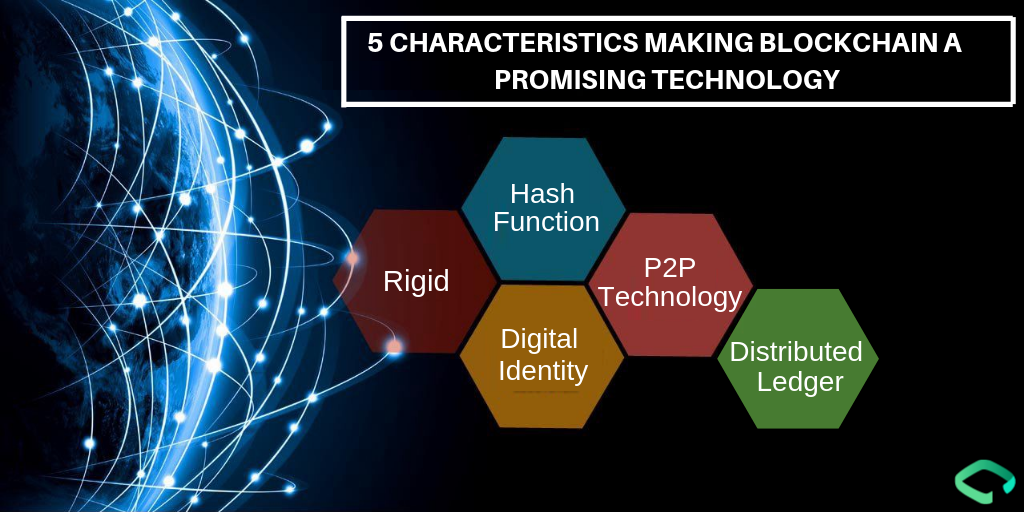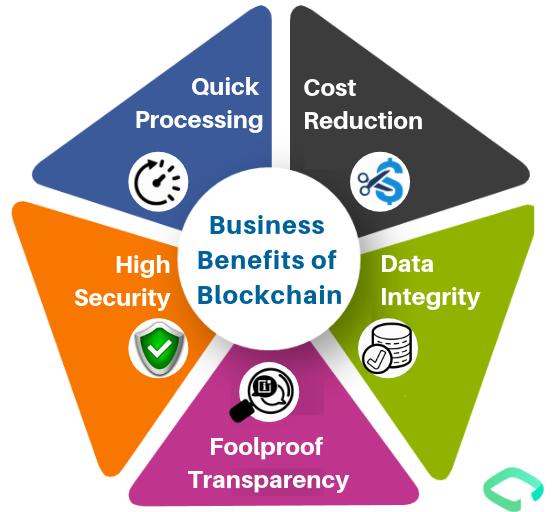The last few years have witnessed the meteoric rise of Blockchain technology and the entry of the word cryptocurrency in the common parlance. Though many in the industry have hopped on to the cryptocurrency bandwagon, with prominent cryptocurrencies like Bitcoin and Ethereum being called ‘crypto-gold,’ the underlying technology behind this digital revolution remains comparatively unknown.
The beginnings of Blockchain can be traced back to October 2009, when the idea was floated as a part of making Bitcoin – a way to generate P2P currency without involving traditional financial institutions. The core principle behind Blockchain has been the concept of inherent trust. Consider a situation in which I tell you that I will pay you 50 bucks if the weather is sunny tomorrow, and if it’s rainy you’ll pay me the same.
Now traditional systems mandated that we make a binding contract in the presence of a third-party regarding this bet. This external party would then act as the referee in case of the situation which provides the desired result for either of the concerned parties. The third-party would charge a certain amount for the arbitration done and may even be susceptible to bribery and fraud.
Blockchain eliminates the need for a third-party by creating records in what is termed as ‘distributed ledgers.’ Ledgers are digital files that keep track of all transactions made, and they are distributed over a vast network so that there is no single point of failure. These ledgers store the information, say our 50 bucks each and then set a release clause depending upon the outcome of the weather. If and only if a person’s release clause is met, can they extract information or money from the ledger.
Now suppose, five other people have made different bets with us, and also among themselves. In the future, these people may try to flee with the money in case they lose the gamble, even with the presence of a trusted third-party. Blockchain eliminates this threat by having all systems hold identical ledgers of user transactions and making this transparent to all users in the network.
The release clauses are also applied on all these ledgers making sure that people understand the rules of the game and that there are no underhand dealings. Thus, even though we may not personally know, or also trust the people in the network, we can trust the system to accurately do its job even when it doesn’t concern us directly. Thus, the trust in Blockchain comes from its inherent security rather than external compliance measures.
The Characteristics that make Blockchain promising

Rigid
Blockchain has very rigid rules regarding who can change the data in the ledgers and how it can be changed. It is almost impossible to alter the nature of the data in the ledger once it is recorded, and it would require a new transaction even to change legitimate errors
Hash Function
Hash functions are one-way transformation functions that run inputs through an algorithm to return a unique digital code called hash code or hash value as the output.
The length of this output is usually smaller than the input and changes every time the input is modified. Blockchain uses hashing to store digital content to ensure that the ledgers cannot be directly modified without changing the input itself.
Digital Identity
Conventional financial systems have often fallen prey to digital identity thefts. However, Blockchain provides a decentralized, immutable, and unique Digital ID to every transaction giving customers greater control.
P2P Tech
Though P2P technologies have been around for some time, Blockchain has made optimal use of this technology to maintain transactions records between users through a stringent system of digital identity verification to negate the need for a central authority.
Distributed Ledger
The concept of a distributed ledger is unique to Blockchain, in which a network of systems is used to maintain concurrent copies of the same data to avoid a single point of failure and reduce the risks of cybercrime.
Benefits of Blockchain Development
Blockchain Development is an essential component of the Digital Transformation of any organization. The below benefits can help us to understand why:

1. Quick Processing
Blockchain allows transactions to happen at lightning speed, thereby greatly reducing processing times. A key reason behind this is the ability of Blockchain to utilize stored information using various functionalities without the need of duplication.
For example, Blockchain can capture all the pertinent details related to a person’s KYC process and spread it across the other nodes.
2. Cost Reduction
Accenture has recently reported that using Blockchain could help reduce financial infrastructure costs by as much as 30% due to its inherent security and decentralized nature.
3. Data Integrity
Blockchain uses a Merkel Tree to ensure data integrity. Not only are all transactions allocated a unique hash value but are also paired to create the node value for the tree. This creates a single unique node which is generated from its own leaf nodes and thus is incorruptible.
4. High Security
Blockchain uses cryptography to ensure security. All transactions are provided encrypted keys as reference and these are used for verification. Thus, in order to change the information in a single node, a hacker would have to change the data at the origin as well as the verification node, making this process highly secure.
5. Fool proof Transparency
The Distributed Ledger system allows all the transactions happening at each node to be revealed to all the stakeholders making the entire process transparent.
Let’s make Blockchain together
Blockchain is considered key to a revolutionary digital future and is a gamechanger in the field of online finance. It is essential to partner with an agency with proven credentials in building blockchain applications.
Chapter247 Infotech has a rich history of custom software development and boasts an extremely capable team specializing in Blockchain development, consulting, compliance and Cryptocurrency wallet-based payment portals.
Contact us today to kickstart your digital journey with Blockchain.







